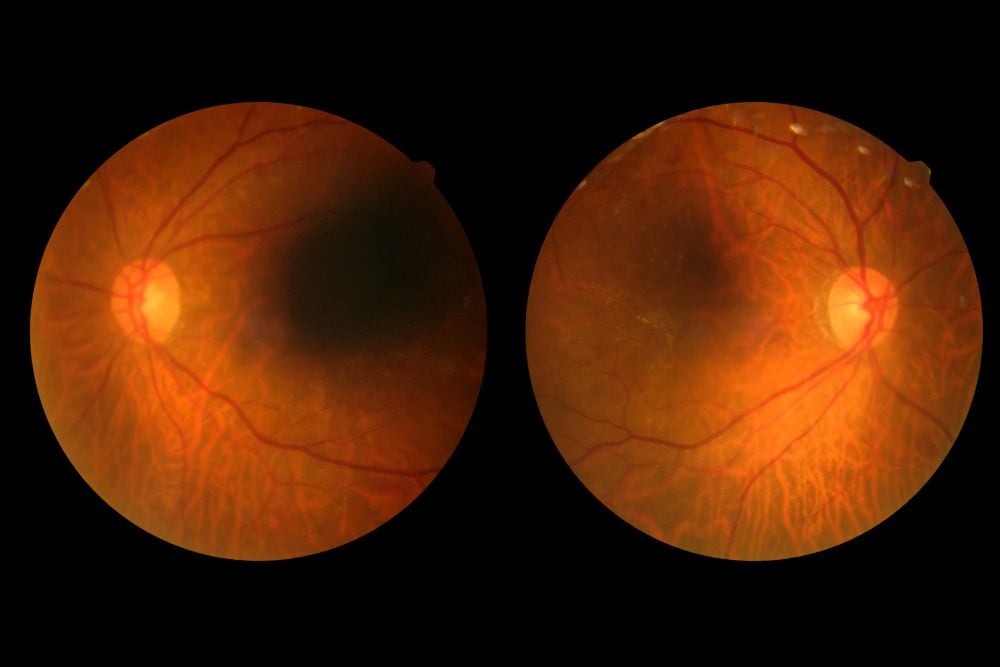What Is Diabetic Retinopathy? Understanding the Basics

Diabetic retinopathy is a complication of diabetes that impacts the retina, a thin layer of tissue located at the back of the eye responsible for converting light into electrical signals for the brain to interpret. If left undiagnosed or poorly managed, diabetic retinopathy can cause permanent vision loss or even blindness. Let’s break down what you need to know about the condition, steps you can take to prevent it, and how to seek help from an eye care professional.
How Diabetes Impacts Vision
Consistently high blood sugar levels can damage the blood vessels in the retina. This can cause them to leak or swell, leading to a myriad of complications. Due to this damage, the retina and other parts of the eye may be deprived of crucial blood and nourishment. Abnormal blood vessels may grow to try and compensate for this loss. However, instead of effectively supporting the retinal vascular system, they bleed and leak into the eye, causing vision loss.
Symptoms of Diabetic Retinopathy
In its early stages, diabetic retinopathy doesn’t usually have any noticeable symptoms. Over time, individuals with the condition may experience:
- Blurred vision
- Decreased clarity
- Fluctuating vision quality
- Floaters or flashes in the field of vision
Preventing Diabetic Retinopathy
Anyone with any type of diabetes is at risk of developing diabetic retinopathy. While not always preventable, there are steps you can take to reduce your risk, including:
- Eating a healthy diet
- Exercising regularly
- Losing excess weight
- Quitting smoking
- Managing blood pressure and cholesterol levels
- Getting a comprehensive eye exam at least once a year
Treating Diabetic Retinopathy
If you’re diagnosed with diabetic retinopathy, there are various treatment options available. Common treatments include:
- Eye injections: Medicines called anti-VEGF drugs injected into the eye can slow down or reverse diabetic retinopathy.
- Laser therapy: Retina specialists can use lasers to shrink blood vessels and stop them from leaking.
- Eye surgery: In some cases, a retina specialist may perform a type of surgery called a vitrectomy. This procedure involves the partial or full removal of the vitreous from the back of the eye.
Learn More About Diabetic Retinopathy
Diabetic retinopathy is a serious eye condition that can lead to significant vision problems if left untreated. Because early symptoms of diabetic retinopathy are often subtle, it’s important to undergo a comprehensive eye exam with dilation at least once a year. The sooner diabetic retinopathy is diagnosed, the better your vision outcomes will be.
At Southeastern Retina Associates, we use advanced retinal treatments to help patients with diabetic retinopathy preserve their vision. If you experience any concerning symptoms or have questions about diabetic eye disease, please see your regular eye doctor as soon as possible and they may refer you to one of our offices. We see patients in Chattanooga, Knoxville, the Tri-Cities, and more.
